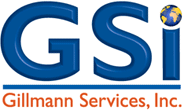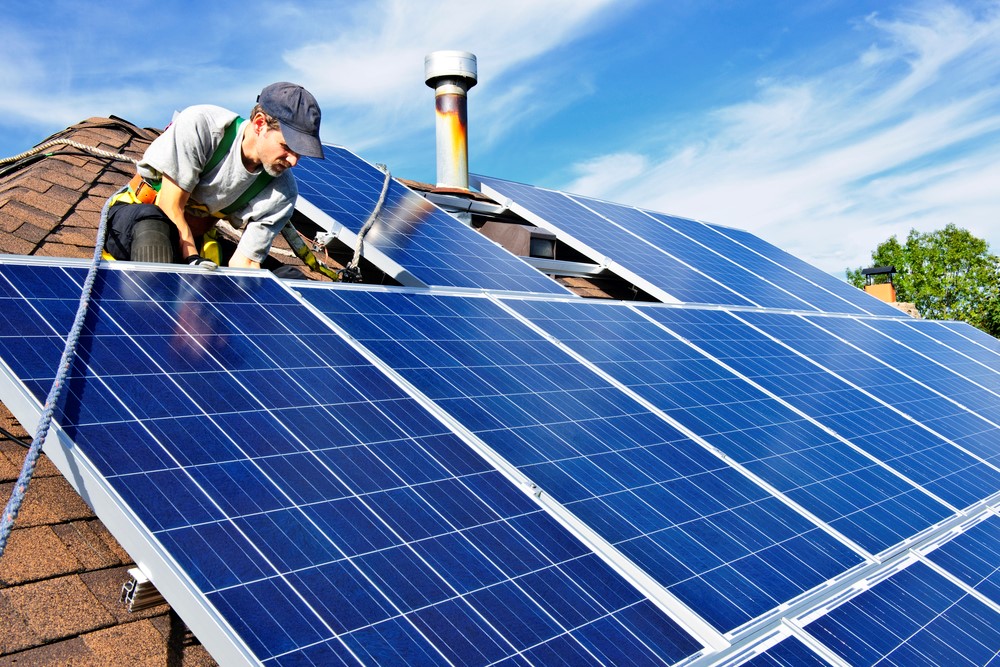
Along with wind power, solar power has become the top method of renewable energy in the U.S. The sun is incredibly powerful, and just one hour’s worth of the sun’s energy could supply the entire world with electricity for a whole year.
Solar panels harness a fraction of that energy by using photovoltaic (PV) cells to absorb photons directly from the sunlight, turning them into electricity. As solar energy continues to become more mainstream, private sectors are adopting it as a sustainable form of power.
There are pros and cons to “going solar” in your home. Here are some things you need to know:
Advantages of Going Solar
-
Truly Renewable!
Solar energy will be accessible as long as the sun shines. Unlike other energy sources, such as oil and gas, the sun provides an inexhaustible energy source. It can be harnessed daily in every part of the world, making it the most accessible form of renewable energy.
Additionally, solar energy is an environmentally friendly alternative to electricity powered by fossil fuels, which makes up for 25% of greenhouse gas emissions in the United States.
-
Huge Savings
For the average consumer, the most significant benefit of solar power is undoubtedly the long-term savings. You can achieve “energy independence,” generating your own electricity. It reduces your monthly electric utility bill, potentially eliminating it altogether. On average, homeowners break even on their initial investment in six to ten years. Solar panel systems typically last up to 35 years, spanning the savings for decades. And while the cost of electricity continues to rise, the price of solar continues to decline.
In addition:
- Maintenance is minimal and low cost
- In some states, federal and local rebates are available for solar installation
- Surplus energy can be billed back to you through net metering
-
Improves Home Value
Solar power is becoming more mainstream, and renewable energy is becoming a bigger consumer priority. With these things at play, studies show solar power increases a home’s value. The increased property value means you can earn back your investment should you need to sell.
Disadvantages of Going Solar
-
High Up-Front Cost
The initial cost of solar power is high. Even with rebates, this cost can be too high for some to manage. Finding the right installer can also be challenging.
-
Not Always a Good Fit
Mounting, or “racking,” rooftop solar panels is more challenging with roof materials, such as slate or cedar tiles, found on older homes. Skylights and roof decks also get in the way, and some roofs are simply not big enough. If rooftop installation is impossible, ground-mounted solar panels or a community solar garden is sometimes an option. However, rooftop panels remain the best location for solar installation.
-
Weather and Light Dependent
While solar energy can be generated in any daytime climate, its strength depends on the amount of sunlight. And, of course, solar energy cannot be generated at night. Since solar energy must either be used on the spot or stored, which can present a problem as solar storage is costly. Most homeowners prefer a hybrid of “regular” electricity and solar power.
At Gillmann Services, we proudly support renewable energy. With an additional focus on manufacturing, mining, and marine construction, we are dedicated to supplying quality talent and opportunities to all our customers. So be sure to contact us today, because we work for you!






